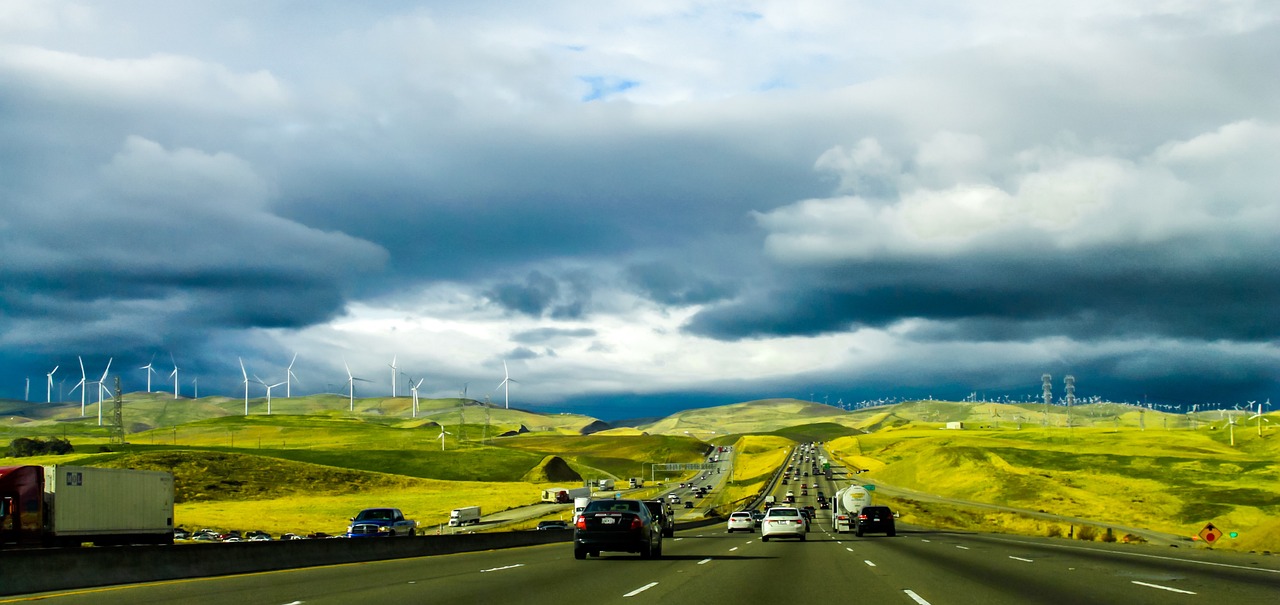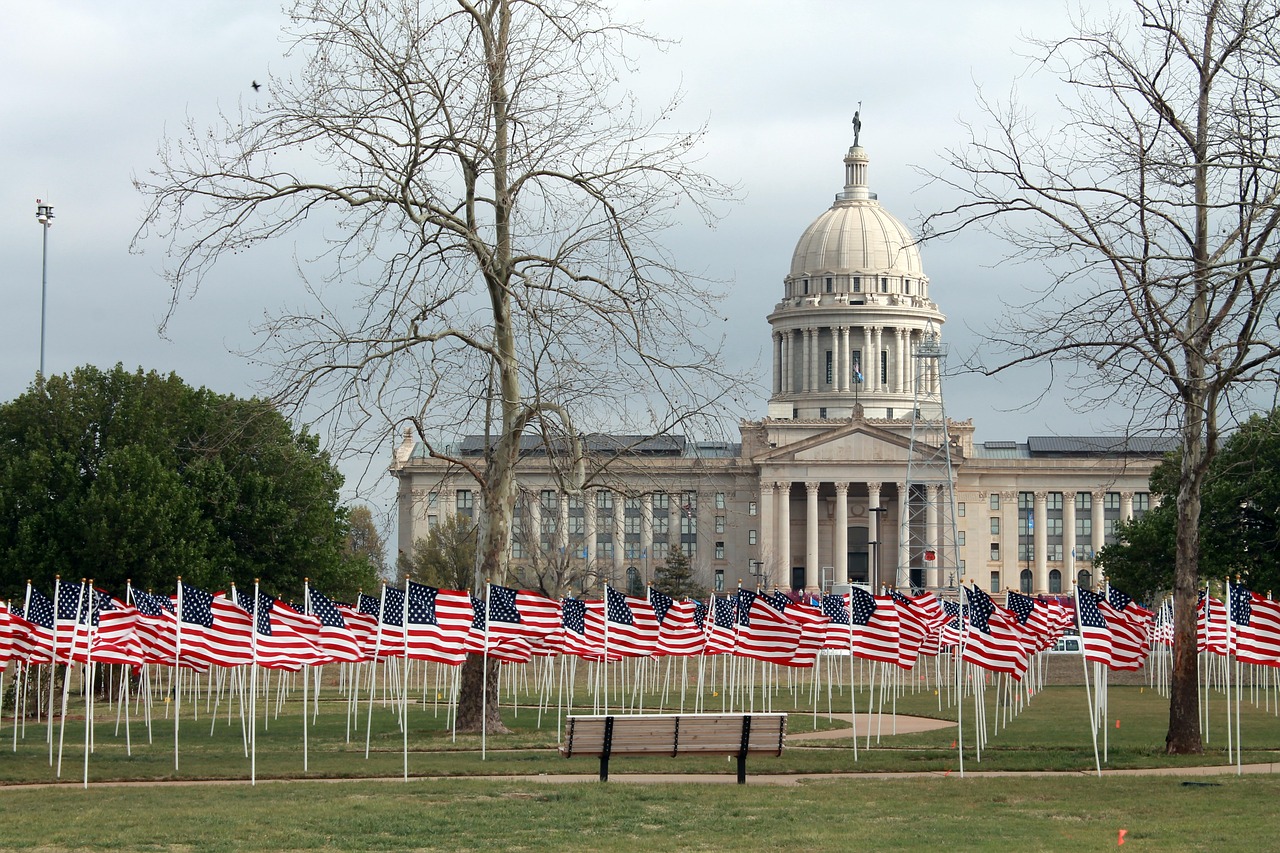Emergency Services: What to Know While in the United States
Emergency situations can occur at any time, and it is crucial to be prepared and knowledgeable about the emergency services available in the United States. Whether you are a resident or a visitor, understanding how emergency services work can help ensure your safety and well-being. This article provides a comprehensive guide to emergency services in the United States, including how to access them and what to expect.
Section 1: 911 Emergency Number
The first point of contact for any emergency in the United States is the 911 emergency number. This number is used to report emergencies and request immediate assistance from the police, fire department, or medical services. It is essential to memorize or have easy access to this number in case of an emergency. When calling 911, remain calm and provide accurate information about the situation and your location.
- Police: The police department responds to emergencies involving criminal activities, accidents, and other incidents that require law enforcement intervention. They are responsible for maintaining public safety and enforcing the law.
- Fire Department: The fire department handles emergencies related to fires, hazardous materials, and rescue operations. They are trained to respond quickly and efficiently to save lives and protect property.
- Medical Services: Emergency medical services (EMS) provide immediate medical assistance to individuals in need. They are equipped to handle a wide range of medical emergencies, including injuries, illnesses, and accidents.
Section 2: Non-Emergency Police Assistance
In situations that are not immediate emergencies but still require police assistance, it is important to know the non-emergency police contact number. This number is used to report non-life-threatening incidents, file police reports, and seek general assistance from the police department.
- Non-Emergency Police Contact: The non-emergency police contact number varies by jurisdiction. It is advisable to research and save the specific non-emergency number for the area you are in. This number can be used for situations such as reporting theft, vandalism, noise complaints, or suspicious activities.
Section 3: Emergency Medical Services
Emergency medical services (EMS) play a crucial role in providing immediate medical care in emergency situations. They are equipped with trained medical professionals and specialized equipment to handle a wide range of medical emergencies.
- Ambulance Services: Ambulance services are responsible for transporting patients to the hospital in emergency situations. They are equipped with medical equipment and trained personnel to provide immediate care while en route to the hospital.
- Hospitals and Urgent Care Centers: Hospitals and urgent care centers provide medical care for a wide range of emergencies. Hospitals offer comprehensive medical services, including emergency departments, specialized departments, and surgical facilities. Urgent care centers are suitable for non-life-threatening emergencies that require immediate attention but do not require the resources of a hospital emergency department.
United States Image 1:

Section 4: Fire Department Services
Fire departments are responsible for responding to fires, hazardous materials incidents, and other emergencies that require specialized firefighting and rescue operations.
- Fire Prevention and Safety: Fire departments provide education and resources to prevent fires and promote fire safety. They conduct inspections, enforce fire codes, and offer safety training programs to the community.
- Fire Suppression: Fire departments respond to and extinguish fires using specialized equipment and techniques. They also perform search and rescue operations to ensure the safety of individuals in emergency situations.
- Hazardous Materials Response: Fire departments have specialized teams trained to handle incidents involving hazardous materials. They mitigate the risks associated with hazardous substances and provide assistance in decontamination and containment procedures.
Section 5: Search and Rescue
Search and rescue (SAR) teams are responsible for locating and rescuing individuals who are lost, injured, or trapped in remote or challenging environments.
- National Park Service Search and Rescue: National parks have dedicated search and rescue teams that respond to emergencies within park boundaries. They are trained in wilderness rescue techniques and work closely with other agencies to ensure the safety of visitors.
- Coast Guard Search and Rescue: The United States Coast Guard is responsible for maritime search and rescue operations along the coastlines and waterways. They respond to distress calls, conduct search operations, and provide assistance to boaters and mariners in need.
Section 6: Emergency Management
Emergency management agencies are responsible for coordinating and managing emergency response efforts at the local, state, and federal levels.
- Federal Emergency Management Agency (FEMA): FEMA is a federal agency that coordinates disaster response and recovery efforts. They provide financial assistance, resources, and support to individuals, communities, and organizations affected by disasters.
- State and Local Emergency Management: Each state and many local jurisdictions have their own emergency management agencies. These agencies develop emergency response plans, conduct training exercises, and coordinate resources during emergencies.
United States Image 2:

Section 7: Poison Control Centers
Poison control centers provide immediate assistance and guidance in case of exposure to poisonous substances.
- National Poison Control Hotline: The national poison control hotline is a toll-free number that connects individuals with poison control centers in their area. They provide expert advice and guidance on how to handle poison-related emergencies.
- Local Poison Control Centers: Each state has its own local poison control center that can be contacted directly for assistance. These centers are staffed with toxicologists and medical professionals who can provide specialized guidance based on the specific situation.
Section 8: Mental Health Crisis Hotlines
Mental health crisis hotlines offer immediate support and assistance for individuals experiencing a mental health crisis or emotional distress.
- National Suicide Prevention Lifeline: The national suicide prevention lifeline provides free and confidential support to individuals in distress or experiencing suicidal thoughts. Trained counselors are available 24/7 to provide assistance and connect individuals with local resources.
- Local Mental Health Crisis Hotlines: Many cities and states have their own mental health crisis hotlines that offer immediate support and resources for individuals in crisis. These hotlines connect callers with mental health professionals who can provide guidance and referral services.
Section 9: Disaster Preparedness
Disaster preparedness involves taking proactive measures to minimize the impact of disasters and ensure personal safety.
- Emergency Preparedness Kits: It is recommended to have an emergency preparedness kit that includes essential supplies such as food, water, medications, and first aid items. These kits should be easily accessible in case of an emergency.
- Emergency Plans: Develop and communicate emergency plans with family members or travel companions. These plans should include designated meeting points, communication methods, and evacuation routes.
- Stay Informed: Stay informed about potential hazards and emergency alerts in your area. Sign up for local emergency notifications and monitor weather updates to stay prepared.
United States Image 3:

Section 10: Language Assistance
Language barriers can pose challenges during emergencies. It is important to know how to access language assistance services if needed.
- Language Line Services: Language Line Services provide over-the-phone interpretation services in multiple languages. They can be accessed by emergency services to communicate with individuals who do not speak English fluently.
- Translation Apps: Utilize translation apps on smartphones or other devices to bridge communication gaps during emergencies. These apps can help with basic communication and understanding.
Section 11: Reporting Emergencies
Reporting emergencies promptly and accurately is crucial for effective emergency response.
- Provide Clear Information: When reporting an emergency, provide clear and concise information about the situation, location, and any known hazards. This will help emergency services respond appropriately.
- Remain on the Line: Stay on the line when calling 911 or any emergency hotline until the operator advises you to hang up. They may need additional information or instructions to provide assistance.
- Follow Instructions: Listen carefully to the instructions provided by emergency services and follow them accordingly. They are trained to guide you through the emergency situation.
Section 12: Conclusion
Being aware of the emergency services available in the United States is essential for personal safety and well-being. Understanding how to access these services and what to expect during emergencies can make a significant difference in the outcome of an emergency situation. Remember to stay calm, provide accurate information, and follow the instructions given by emergency responders.
References
– FEMA: www.fema.gov
– National Suicide Prevention Lifeline: www.suicidepreventionlifeline.org
– National Park Service: www.nps.gov
– United States Coast Guard: www.uscg.mil
– Poison Control Centers: www.aapcc.org
– Language Line Services: www.languageline.com

